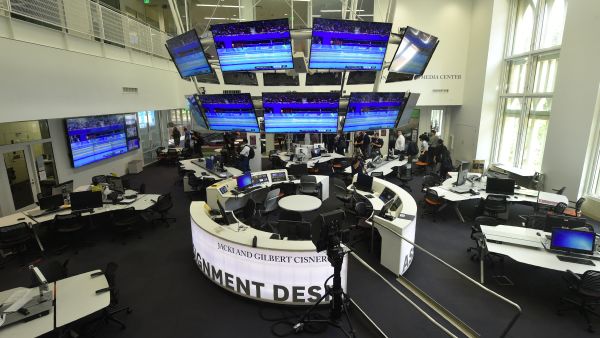ALBAWABA - Syrian journalists, notably Amer Murad, were disappointed to learn that their "master's" degrees from the Paris School of Journalism (ESJ) are meaningless. Murad, who spent €2,000 on his degree, was rejected for a PhD at the University of Paris II after first efforts to verify his credentials.
Murad was rejected because the university didn't recognize his degree from ESJ, a private, unaccredited college. "The rejection was a huge shock," Murad stated, shocked by his degree's invalidity.
An in-depth research found that ESJ is not one of France's fourteen approved journalism schools. The investigation discovered that the Arabic branch of ESJ abused immigrants and prospective students by offering them recognized certificates for €2,000 to €4,000.
The Arabic part of ESJ changed from SSJC to EAD AR in July. This rebranding did not fix the deceit that harmed at least 200 Middle Eastern and North African journalists. These journalists were tricked into thinking French colleges would acknowledge their credentials.
Murad and others were informed that ESJ diplomas were recognized for French academic pursuits. When he applied for a PhD, these promises were broken. Following academic institution reactions and website modifications, ESJ's website no longer represented that the certificates were officially recognized by the French state.
The previous ESJ director increased the school's prestige and reputation. Although the school claims authenticity, contradictions in its advertising materials and website raise doubts. The school's latest website and ads make contradicting claims concerning degree recognition, confusing and frustrating concerned parties.










